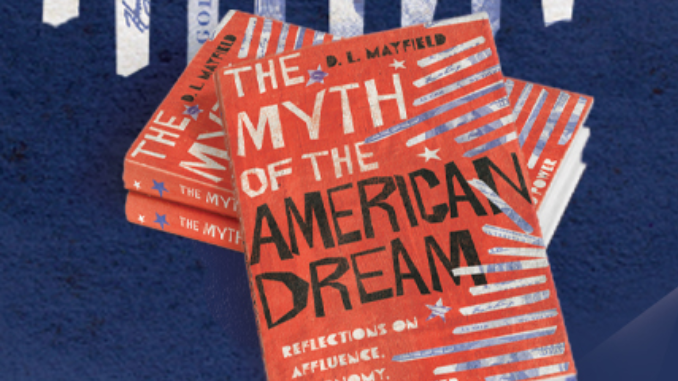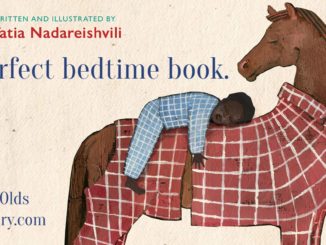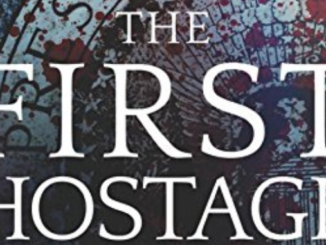
Also by this author: Unruly Saint: Dorothy Day's Radical Vision and its Challenge for Our Times
Published by IVP on May 2020
Genres: Non-Fiction, Christian Life, Racial Reconciliation
Buy on Amazon
Goodreads

Affluence, autonomy, safety, and power. These are the central values of the American dream. But are they actually compatible with Jesus' command to love our neighbor as ourselves? In essays grouped around these four values, D. L. Mayfield asks us to pay attention to the ways they shape our own choices, and the ways those choices affect our neighbors. Where did these values come from? How have they failed those on the edges of our society? And how can we disentangle ourselves from our culture's headlong pursuit of these values and live faithful lives of service to God and our neighbors?
This is going to be a rather rambling review. I picked up The Myth of the American Dream on the basis of the title alone. My whole early adulthood has been spent deconstructing my distinctly American evangelical upbringing and merging it into the faith taught by a brown-skinned refugee from Galilee. From early teens to now early thirties, it’s been an almost twenty-year journey toward my current perspective on faith. And it wasn’t so much that my beliefs changed that my emphases did. The core of my faith is the same, if not stronger, than the naïve faith of my teenage years. But the way I apply it? It’s increasingly found me at odds with the very system that trained me and prepared me for ministry.
D.L. Mayfield’s upbringing wasn’t unlike mine, except maybe she got an earlier start. She cut her teeth on the homeschool curriculum of Abeka and Bob Jones, was fed the nationalist and theonomist teachings of Rushdooney, and had the sort of cultural conservative Christian upbringing that I can easily identify with. Most of those I know that had this upbringing either still cling to it or have abandoned the faith completely. But for me, the more I read and understood Scripture, the more I found my faith moving toward what my family and friends would have called “liberal.”
I suppose they weren’t wrong, but I was then and still am a far cry from being theologically left. I still fit firmly within the orthodoxy of American evangelicalism—on most issues. But politically and socially, as I began to take positions that I saw as inherently biblical—anti-war, pro-social justice, pro-immigrant, anti-materialist—I began to see others question my faith.
I write this lengthy intro to simply say this: D.L. Mayfield helped me remember that I’m not alone. The Myth of the American Dream didn’t change my mind on anything, but if you’re the typical American Christian, you’re going to find this to be quite the challenging read. And it’s more than just theory. Mayfield has lived it out, purposely and purposefully countering the culture to bring joy, peace, and Jesus to those surrounding her.
She divides her book into four sections: affluence, autonomy, safety, and power. These are the four pillars of the American dream. The four things that the typical American family longs for. The things that the vast majority of white American evangelical families have. Mayfield doesn’t rail against these things, just gently reminds us not to make them into idols.
The section on safety is something that I found particularly powerful:
There is no way we can move forward in welcoming the stranger in the United States if we don’t assess the situation honestly: our morality has slipped to a point where we do not care that people will suffer and die due to our own desire for safety.
It’s a frank and stunning indictment, but can we really deny its truth?
For me, The Myth of the American Dream gave me a sense of kinship. It’s encouraged me to never give up, to continue to go deeper, to not retreat into safety but continue to preach the radical Gospel message of truth. It’s a must-read.



